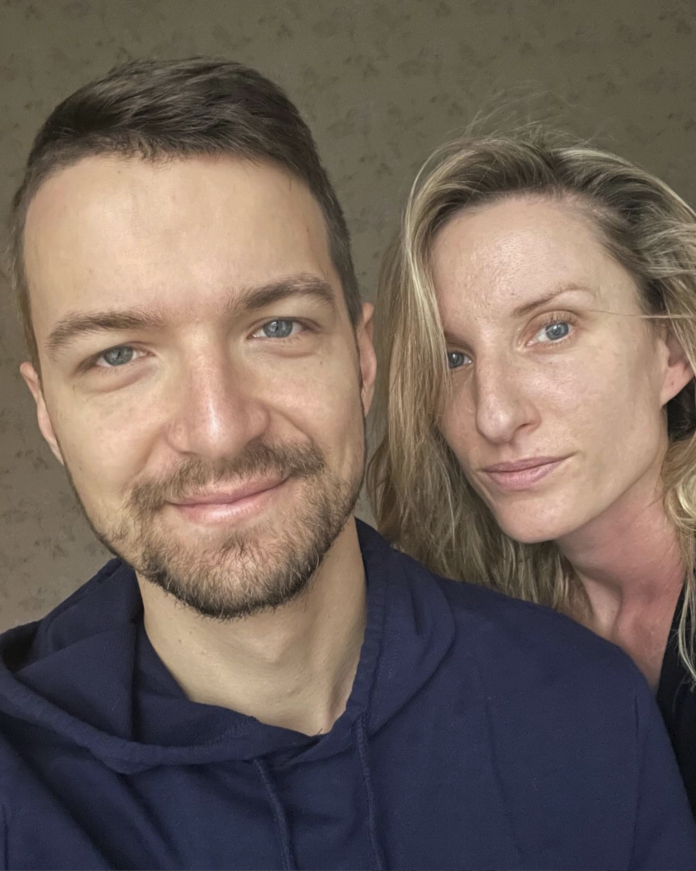In a recent interview, prominent Slovak television personality Adela Vinczeová explained her decision to step away from a high-profile entertainment show to show solidarity with her husband, Viktor Vincze, after broadcaster Markíza issued what she views as punitive measures for his union involvement. Vinczeová’s exit highlights ongoing tensions over editorial independence and the impact of management decisions on media freedoms in Slovakia.
Taking a Stand: A Family Response to Media Restrictions
Vinczeová’s decision follows an ultimatum issued to her husband, a prominent news anchor and head of the employee union at Markíza, where he was told to choose between his evening news role or involvement in an entertainment show. She believes this forced choice is a targeted response to his union advocacy and efforts to maintain journalistic integrity at the network.
Reflecting on her decision to exit, Vinczeová explained, “Staying would only add to the discomfort of watching Viktor pressured to step away,” noting that her departure is both an act of support for her husband and a public response to challenges facing journalists at Markíza.
Doubts Over Markíza’s Justifications for Policy Changes
Markíza claims that its policy of separating news and entertainment roles is to avoid conflicts of interest. However, Vinczeová voiced doubts, noting that such restrictions have been applied selectively, raising questions about the policy’s credibility. She argued that this separation was not uniformly enforced in similar cases, suggesting it may be more about controlling dissent than protecting journalistic integrity.
For Vinczeová, her husband’s exclusion and disciplinary actions exemplify Markíza’s restrictive stance toward journalists who advocate for editorial standards and transparency, pointing to a troubling trend in Slovak media.
Subtle Pressures to Shape Editorial Direction
Vinczeová described an environment at Markíza where management subtly influences news coverage to align with its vision, often creating an atmosphere that limits journalistic independence. She expressed concern over what she sees as indirect yet firm pressures on reporters committed to objective journalism, which she believes undermine freedom in the Slovak media landscape.
Her decision to leave her role reflects a stand against these trends at Markíza, marking a significant moment in the ongoing discussion on media independence and journalistic rights in Slovakia.
Source: Dušan Mikušovič | Denník N.







